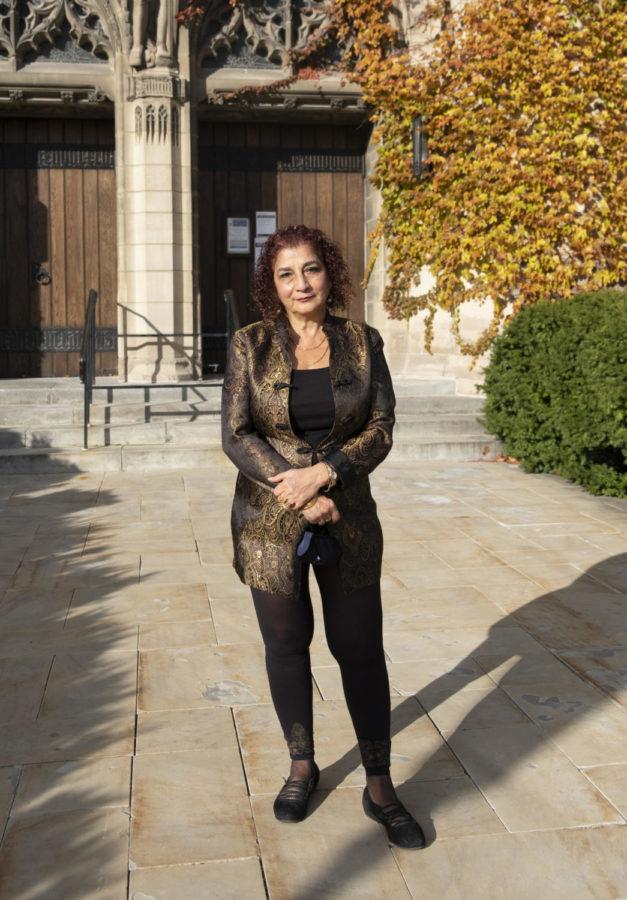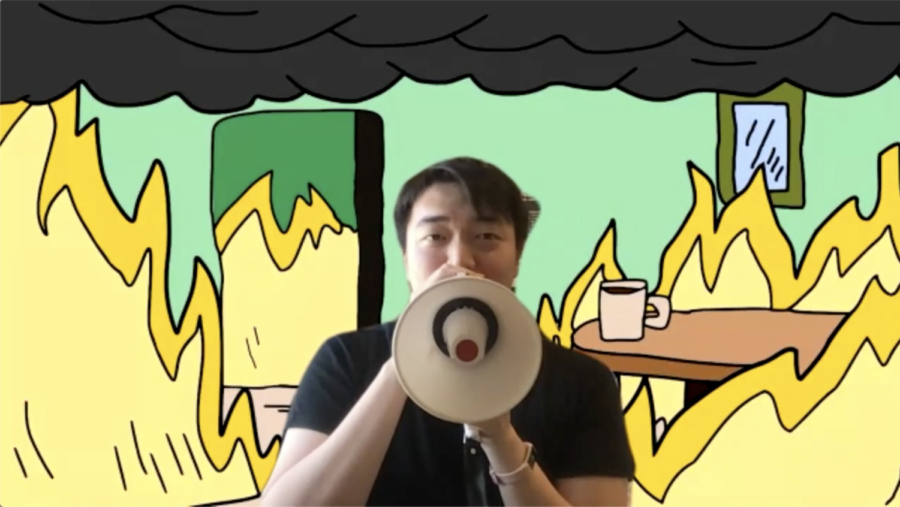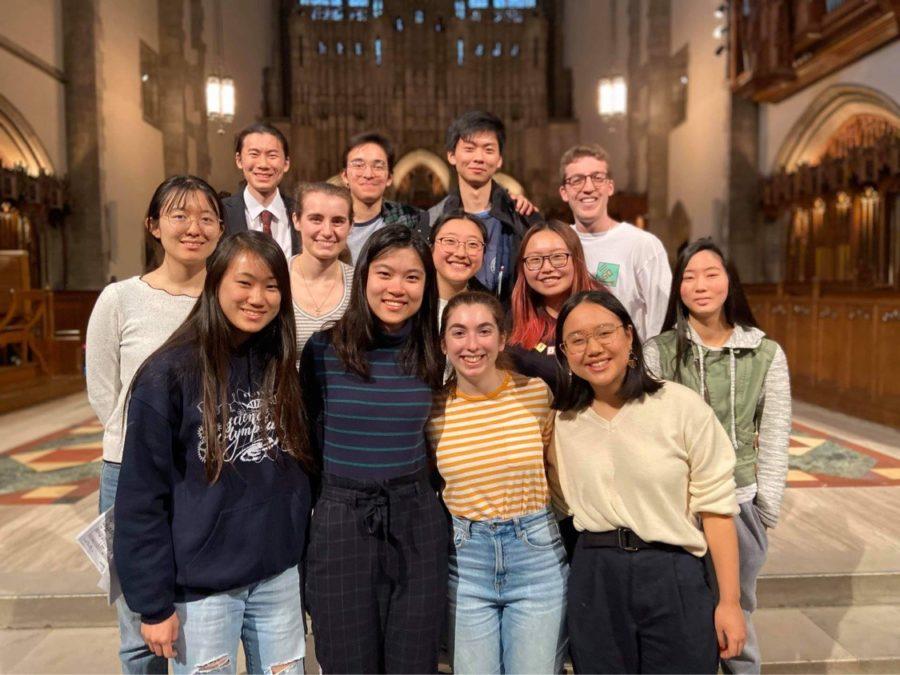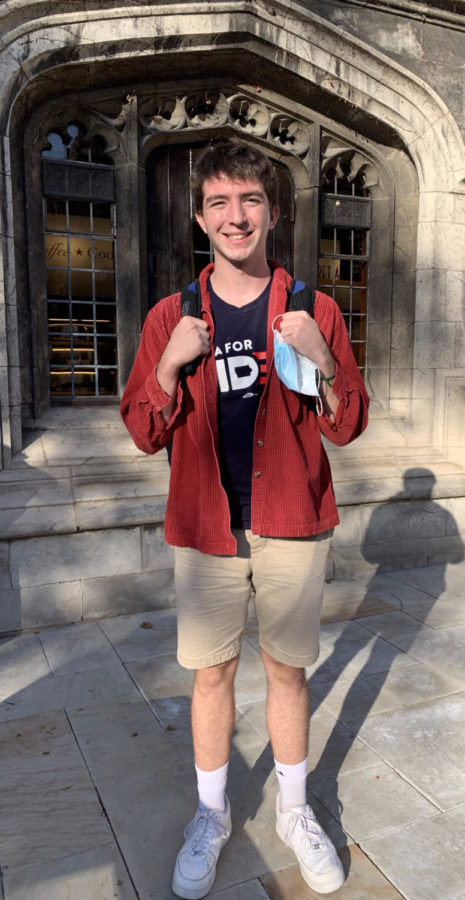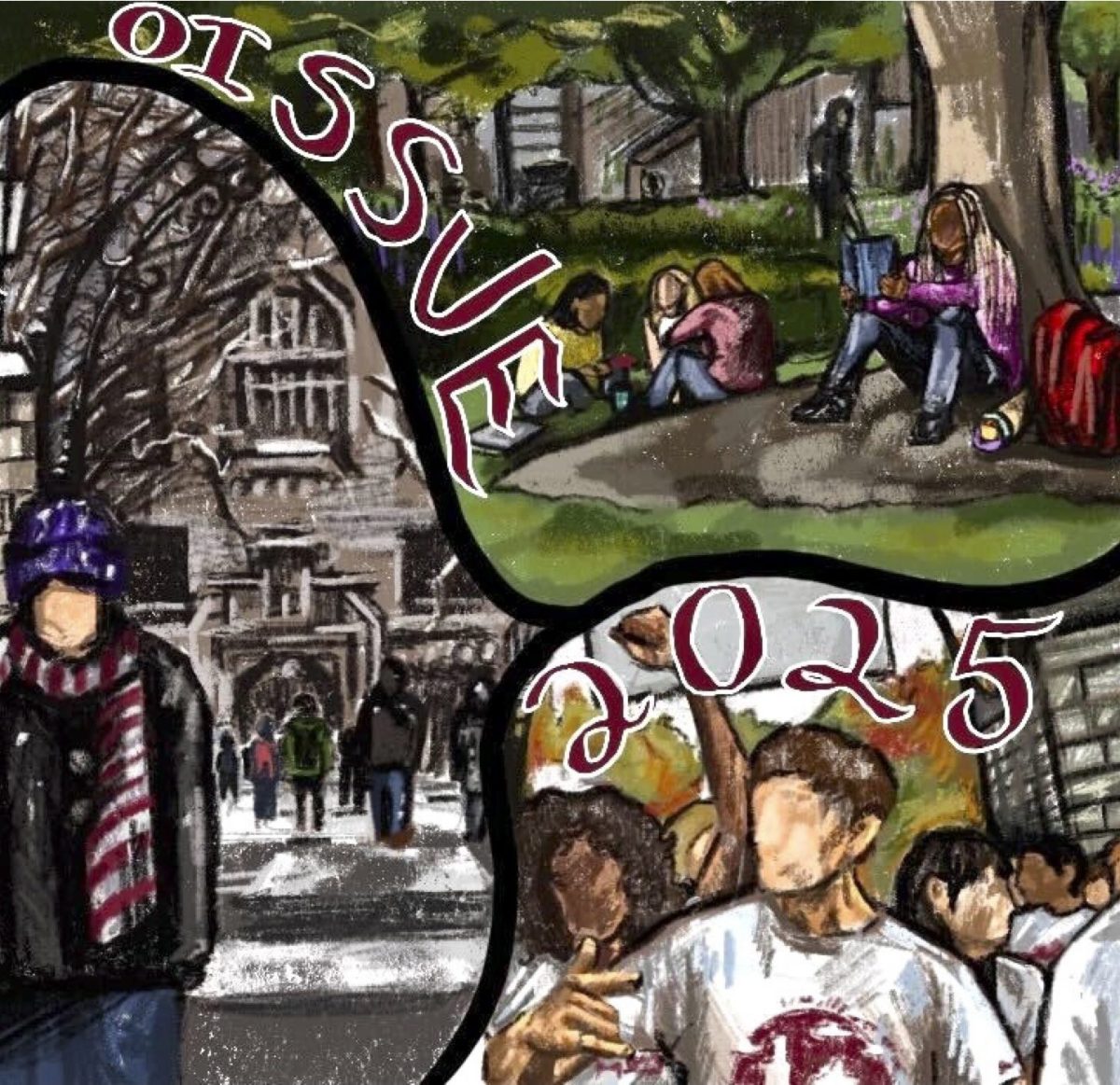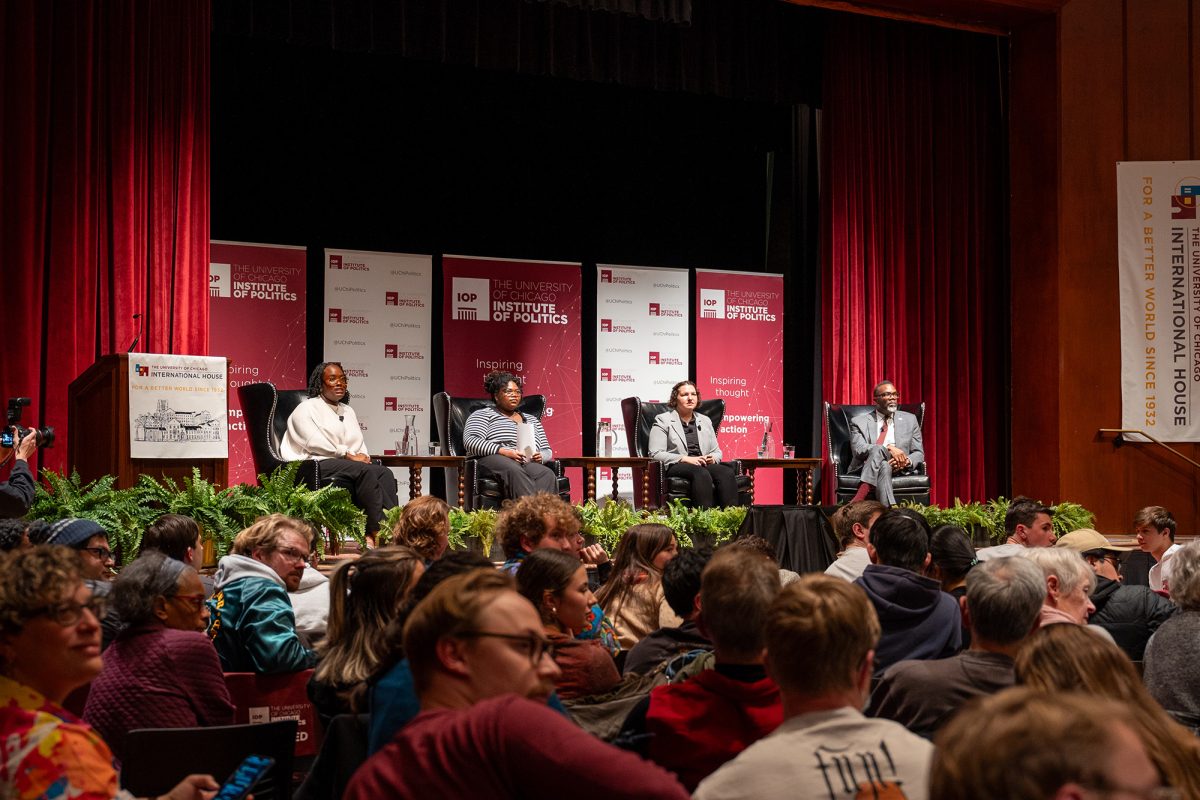At some point in eighth week, with clothes strewn across my half-empty suitcase and my Hum paper nowhere near finished, I came across this fun fact on the Wikipedia page of the College: nearly 50 percent of UChicago students end up marrying each other. As someone who has spent far too much time internalizing the aesthetics of glossy ’80s rom-coms and predictable tropes from badly written teen dramas, I was intrigued. Although the Wikipedia page also notes that this “fact” is merely a fabrication, it raises the question of finding love at UChicago. Universal loneliness and a noncommittal dating scene seem to be hallmarks of our school’s culture, but I’ve grown convinced that this is due to a fundamental misunderstanding of connection and love on campus. With the arrival of cuffing season, I propose that we take the time to find a different kind of love in our life: not the kind crafted by social media or found in recycled narratives from Hollywood executives, but non-romantic love in places more familiar than we think.
These days, the notion of “love at first sight” or settling down young seem prehistoric. This isn’t just a symptom seen in the UChicago student body, either: Gen Z has abandoned orthodox ideas of love and readily embraced an era where young people are too busy being careerists to worry about their love lives. With our stacked, color-coded Google Calendars and mounting pressures from school and work, romance is often left out of the equation. Not surprisingly, the advent of social media has skewed our expectations of finding connection as well. We romanticize relationships that have been filtered and cropped, glamorize performative gestures while cringing at genuine ones, and receive transactions of validation through likes and Tinder swipes. The cultural norm has shifted to adjust to this age of opting for efficiency and surface-level connection, and as a consequence, it’s possible that we’ve lost touch of the idea of love at its core. But what if we viewed love not as something intangible and selective, but as something simple, fulfilling, and easily incorporated into our lives?
If you’re struggling to find your place here or wondering why reality isn’t matching up to the movie’s stories of finding love and friendships in college, not all hope is lost. I urge us all to think back to Vice Provost Melissa Gilliam’s powerful speech delivered during this year’s Aims of Education Address, and especially this quote: “If you ever doubt your value or your magnificence, take a biology class so you can see the wonder of the human body.” She spoke about how we should value the love that exists not only in romantic relationships, but in our institutions, our education, in friendships, and, most importantly, within ourselves. At UChicago, we can reconceptualize love and should take the time to figure out what it means to us rather than straying away from it. What if we romanticized self-love in the way that we romanticize love in the movies? Perhaps you will find solace by having a meal by yourself, walking through idyllic parts of campus, or learning to enjoy your Sosc reading and that one concept you learned that you find particularly fascinating. These new avenues might just be what we need in a time where love and connection feel out of reach.
It’s second nature at UChicago to poke fun at our collective experience of struggling in this competitive, rigorous academic environment. It can be a helpful coping mechanism, but this isn’t the be-all and end-all. UChicago’s students are not a monolithic group that subjects itself to a preestablished culture; we each have the capacity to care and love, to foster an environment that is more welcoming, and to set a new precedent. We must become comfortable with the idea that love—of your partner, friends, Foucault, or quantum physics—is as important to the College’s culture as its “quirkiness” and intellectual inquiry.
For all the romantics reading this: The pixelated Zoom classmate you see twice a week or the house ghost you have yet to bump into might not be “the one,” but perhaps that’s not what we should be seeking right now. When it comes to love, I encourage us all to consider a new perspective—after all, it’s what UChicago students do best.
Rachel Ong is a first-year in the College.









